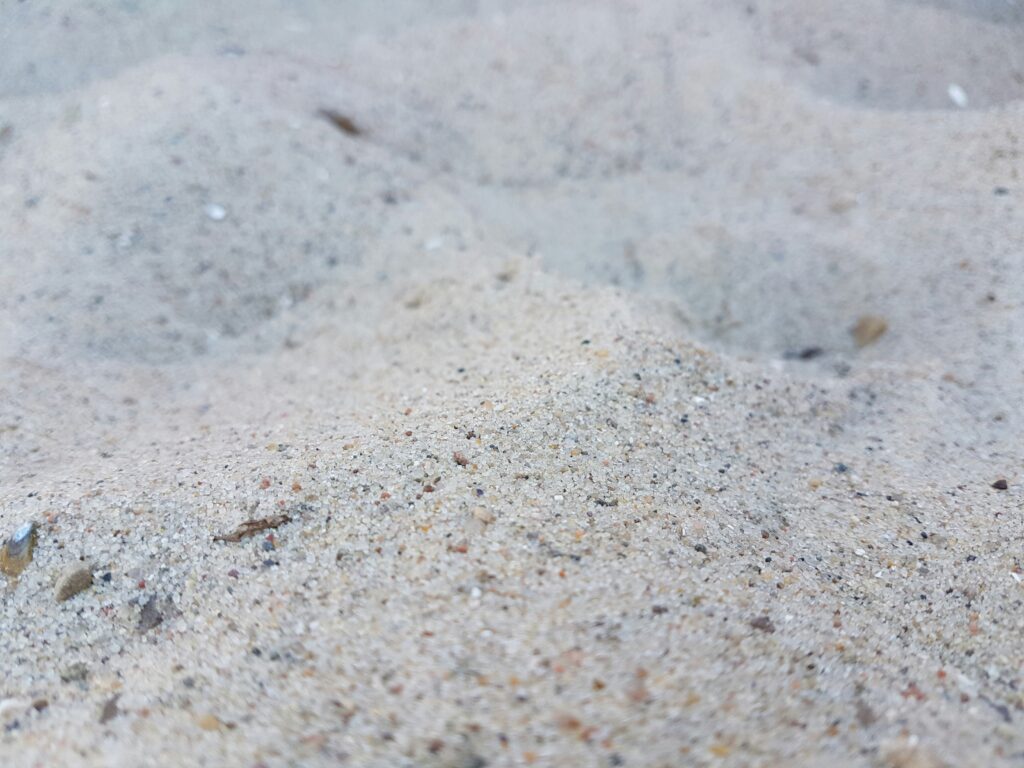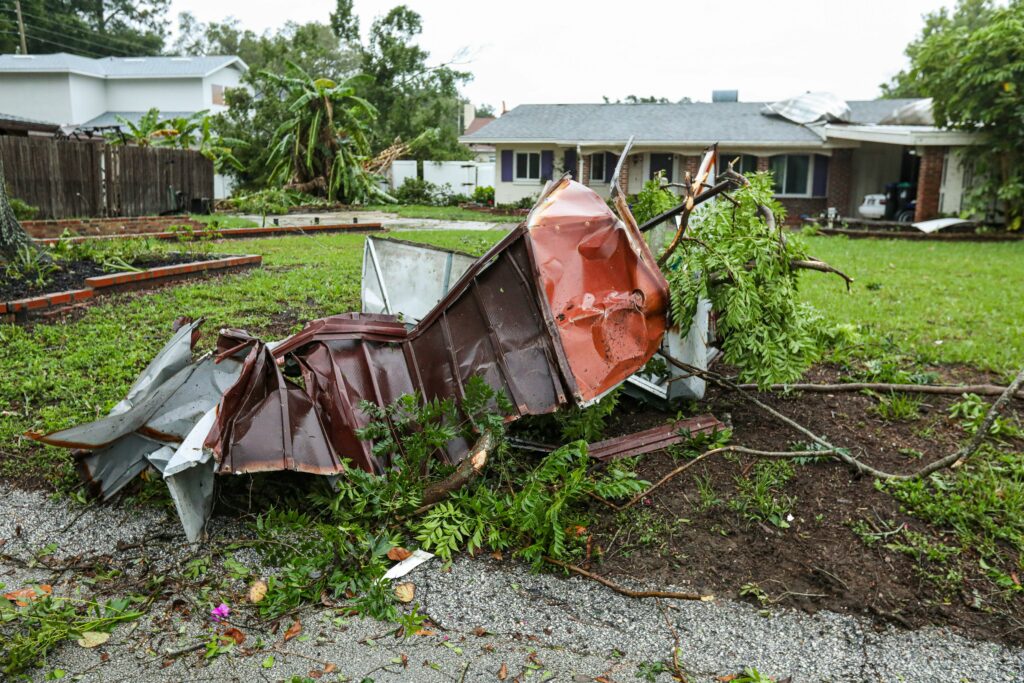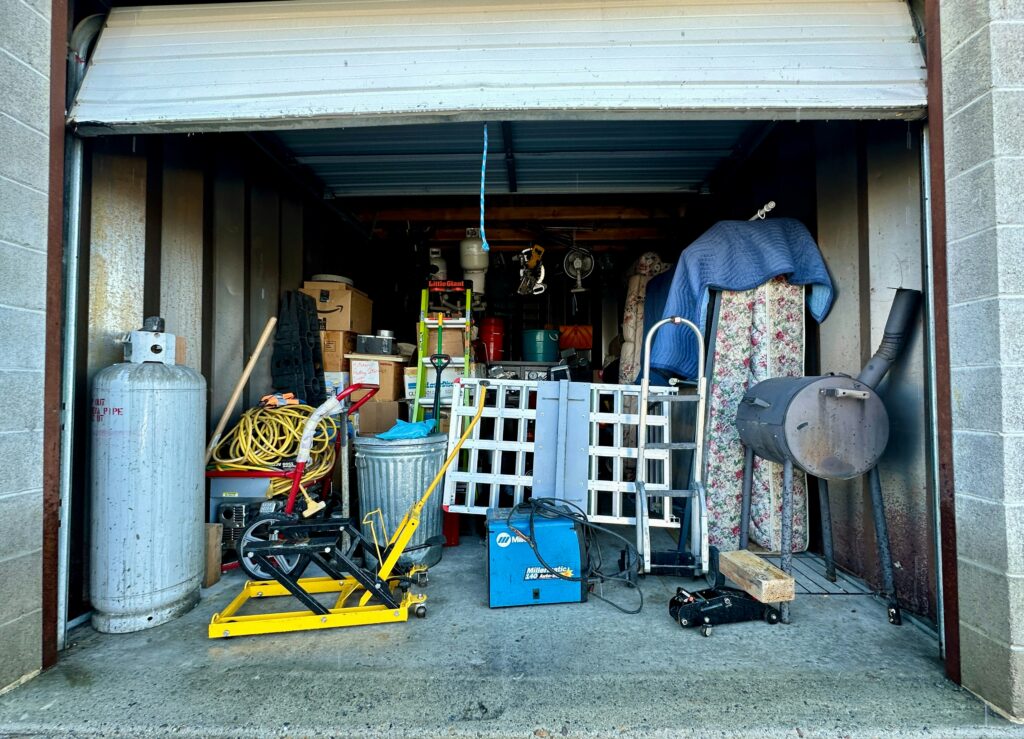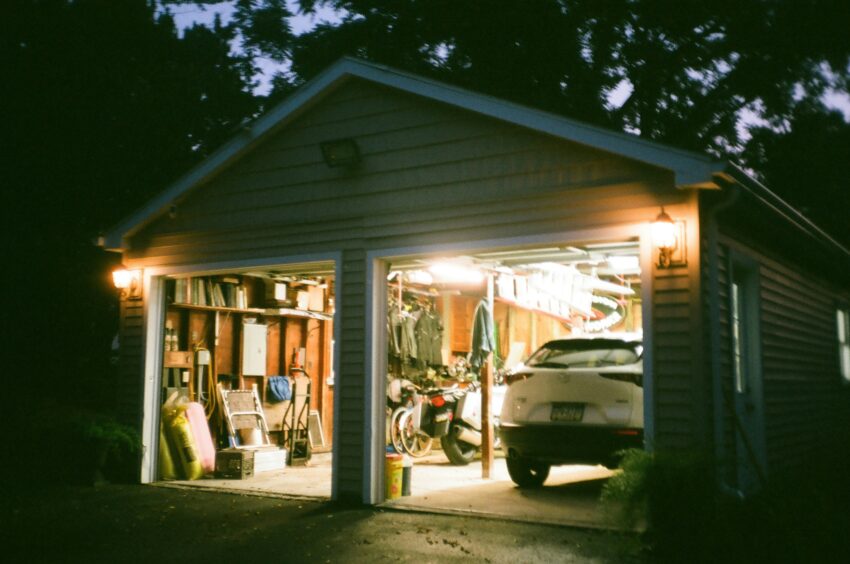Welcome to the Manar Facility Solutions blog! As Florida’s trusted experts in facility maintenance and cleaning services, we’re here to help homeowners, property managers, and businesses keep their spaces spotless, safe, and inviting. If you’re like many Floridians, your garage is more than just a place to park your car—it’s a storage hub, a workshop, or even a makeshift gym. But in Florida’s hot, humid, and storm-prone climate, garages can quickly become filthy, disorganized, and even hazardous. Sand, salt, mold, pests, and clutter pile up, turning your garage into a mess that affects your home’s safety, value, and curb appeal. In this article, we’ll explore why Florida garages get so dirty, the risks of neglecting them, and actionable steps to clean and maintain them year-round. This article will show you why cleaning your garage now is critical—and how Manar Facility Solutions can help. Let’s dive in!
Why Florida Garages Get So Dirty
Florida’s unique environment is a perfect recipe for a filthy garage. The state’s subtropical climate—marked by high humidity (70-90%), scorching temperatures, and frequent storms—creates conditions that turn garages into breeding grounds for dirt and damage. Here’s why:
1. Sand and Salt from Coastal Living
If you live near Florida’s 1,350 miles of coastline, sand is your garage’s worst enemy. It’s tracked in on shoes, tires, and beach gear, grinding into floors and scratching surfaces. In coastal cities like Fort Lauderdale or Clearwater, salty ocean air seeps into garages, leaving corrosive residues that damage tools, vehicles, and stored items. A 2023 coastal engineering study noted that salt accelerates metal corrosion by up to 25% in humid environments, which is bad news for your bikes or lawnmowers.

2. Humidity and Mold Growth
Florida’s humidity is relentless, often exceeding 80% during summer. Garages, especially those with poor ventilation, trap moisture, creating ideal conditions for mold. The Environmental Protection Agency (EPA) warns that indoor humidity above 60% fosters mold growth, and garages are particularly vulnerable due to limited airflow. Mold can colonize in just 24-48 hours, ruining stored boxes, furniture, or drywall. In Orlando, where summer rains are daily, mold complaints spike by 30% annually, per Florida Department of Health data.
3. Storm Debris and Flooding
Hurricanes and tropical storms, common from June to November, bring mud, leaves, and debris into garages. Post-Hurricane Ian in 2022, FEMA reported over 120,000 Florida homes with flood-damaged garages, many requiring costly remediation. Even minor storms in areas like the Keys can leave garages soggy, with standing water inviting bacteria and pests.

4. Pests and Critters
Florida’s warm climate attracts roaches, ants, rodents, and even snakes, which love cluttered garages. Open doors or unsealed cracks let them in, and spilled pet food or cardboard boxes provide nesting spots. The University of Florida’s pest control studies estimate that 40% of suburban garages in the state harbor pest infestations, posing health risks like hantavirus or allergen spread.
5. Clutter and Neglect
Garages often become dumping grounds for holiday decorations, old furniture, and unused sports equipment. In Florida’s heat, clutter traps humidity, accelerating mold and rust. Neglected oil spills or paint cans leak, staining floors and attracting bugs. A survey by the National Association of Home Builders found that 70% of Florida homeowners use garages for storage over parking, leading to chaos.
These factors combine to make your garage a magnet for filth, but the consequences go beyond aesthetics—let’s explore why cleaning it is urgent.

The Risks of a Dirty Garage
Ignoring your garage’s mess isn’t just inconvenient; it’s a health, safety, and financial hazard. Here’s why:
Health Hazards
Mold and pest droppings trigger allergies, asthma, and respiratory issues. The CDC links damp environments to a 30-50% increase in breathing problems, especially for kids and the elderly. Inhaling mold spores or dust in a cluttered garage can cause chronic sinus issues or skin irritation. Pests carry diseases—cockroaches, for instance, spread E. coli, while rodent droppings can transmit leptospirosis, common in flood-prone areas like Naples.
Safety Risks
Cluttered garages are accident traps. Tripping over boxes or slipping on oil spills causes thousands of injuries yearly, per the Consumer Product Safety Commission. During hurricanes, unsecured items like tools or paint cans become projectiles. Gasoline or chemical leaks near water heaters pose fire risks, especially in Florida’s older homes with outdated wiring.
Property Damage and Costs
Filth erodes your investment. Sand scratches concrete floors, while mold eats through drywall and wood. Unaddressed leaks lead to structural damage—replacing a moldy garage wall can cost $2,000-$5,000, per Florida contractor estimates. Realtors in Sarasota report that dirty garages can lower home sale prices by 5-10%, as buyers see them as red flags for neglect.
Reduced Functionality
A filthy garage limits its use. Want to convert it into a home office or gym? Mold, pests, and clutter make that impossible. For businesses like auto shops in St. Petersburg, dirty garages deter customers and violate health codes.
Cleaning now prevents these issues, saving you time, money, and stress.
Step-by-Step Guide to Cleaning Your Florida Garage
Ready to tackle the mess? Follow this comprehensive plan, tailored to Florida’s challenges, to restore your garage. Always wear gloves, a mask, and sturdy shoes for safety.
Step 1: Declutter and Organize
Start by clearing everything out. Sort items into keep, donate, or toss piles. Be ruthless—broken beach chairs or rusted tools aren’t worth keeping. Use weatherproof bins for storage to combat humidity, and install shelves or pegboards to keep items off the floor. In flood-prone areas like Miami, elevate storage at least 12 inches. Donate usable items to local charities like Habitat for Humanity in Tampa.
Step 2: Sweep and Vacuum Sand and Debris
Sand is your first target. Use a stiff-bristle broom to sweep concrete floors, focusing on corners where grit hides. For stubborn sand, a shop vac with a HEPA filter works wonders—models like Shop-Vac are popular in Jacksonville hardware stores. Vacuum shelves and crevices to remove dust and pest droppings. If you have carpeted areas (rare but possible), use a high-powered vacuum to extract embedded sand.
Step 3: Address Mold and Mildew
Inspect for mold—look for black, green, or white patches on walls, ceilings, or stored items. For small areas (under 10 sq ft), mix equal parts water and white vinegar, spray, let sit for an hour, then scrub with a brush. Dry thoroughly with fans or a dehumidifier—critical in humid Orlando. For larger infestations, call professionals like Manar Facility Solutions, as DIY can spread spores. We use EPA-approved antifungals and infrared cameras to detect hidden growth.
Step 4: Clean Floors Thoroughly
For concrete floors, common in Florida garages, mop with a pH-neutral cleaner like Simple Green to remove salt and oil stains. Avoid excess water to prevent seepage into cracks. For epoxy-coated floors, use a soft mop to avoid scratching. If you spot cracks, seal them with concrete caulk to block moisture—essential in storm-heavy regions like the Panhandle. For wood subfloors, check for warping and dry immediately.
Step 5: Tackle Rust and Corrosion
Salt air rusts tools, bikes, and metal shelves. Wipe metal surfaces with a vinegar-soaked cloth or use a commercial rust remover like WD-40 Specialist. Apply a rust-inhibiting primer to prevent recurrence. In coastal areas like Key West, store metal items in sealed containers when possible.
Step 6: Pest Control
Check for signs of pests—droppings, chew marks, or nests. Seal entry points with caulk or steel wool, especially around doors and vents. Use non-toxic traps or baits, as Florida’s ecosystems are sensitive to chemicals. For infestations, our team at Manar offers eco-friendly pest management, compliant with state regulations.
Step 7: Final Touches
Wash windows to remove salty film, improving light and spotting future issues. Replace air filters in garage HVAC units to prevent mold spread. Install a dehumidifier for keeping humidity below 50%.
This process, done thoroughly, can take a weekend but transforms your garage.
Prevention Tips for Year-Round Cleanliness
Cleaning is half the battle—prevention keeps your garage pristine:
- Improve Ventilation: Install exhaust fans or louvered vents to reduce humidity. In steamy Fort Myers, run fans for 20 minutes daily.
- Seal Floors: Apply epoxy or polyurethane sealant to concrete floors every 2-3 years to resist sand and water. This costs $500-$1,000 but saves thousands in repairs.
- Use Mats and Rugs: Place heavy-duty mats at entrances to trap sand. Washable options like WaterHog are ideal for beach homes.
- Regular Maintenance: Sweep weekly, mop monthly, and inspect for leaks or pests quarterly. Set reminders for storm season prep.
- Storm Prep: Before hurricanes, elevate items, secure chemicals, and stock sandbags. Post-storm, dry floors within 24 hours to prevent mold.
These habits reduce cleaning frequency by 60%, per industry studies, and extend floor life.
When to Call Professionals
DIY handles small messes, but Florida’s extreme conditions often demand expert intervention. At Manar Facility Solutions, we offer:
- Deep Cleaning: Industrial vacs and pressure washers remove embedded sand and salt.
- Mold Remediation: Certified technicians safely remove mold, preventing regrowth.
- Storm Recovery: Water extraction and sanitization post-flood, often insurance-covered.
- Custom Plans: Tailored maintenance for homes, rentals, or businesses.
We serve all of Florida, ensuring compliance with local codes.
Myths vs. Facts About Garage Cleaning
- Myth: Garages don’t need regular cleaning. Fact: Florida’s climate demands it to prevent damage.
- Myth: Bleach kills all mold. Fact: It only treats surfaces; professionals address roots.
- Myth: Clutter is harmless. Fact: It traps moisture and pests, risking health and safety.
Debunking these empowers smarter choices.
Why Clean Now?
Delaying invites bigger problems. A clean garage boosts home value, enhances safety, and maximizes space. With Florida’s storm season looming, acting now prevents costly post-hurricane fixes. Plus, a tidy garage signals care to buyers or renters.
At Manar Facility Solutions, we’re your partners in creating clean, functional spaces. Contact us for a free consultation—visit our website or call our Florida team. Let’s make your garage a point of pride!

